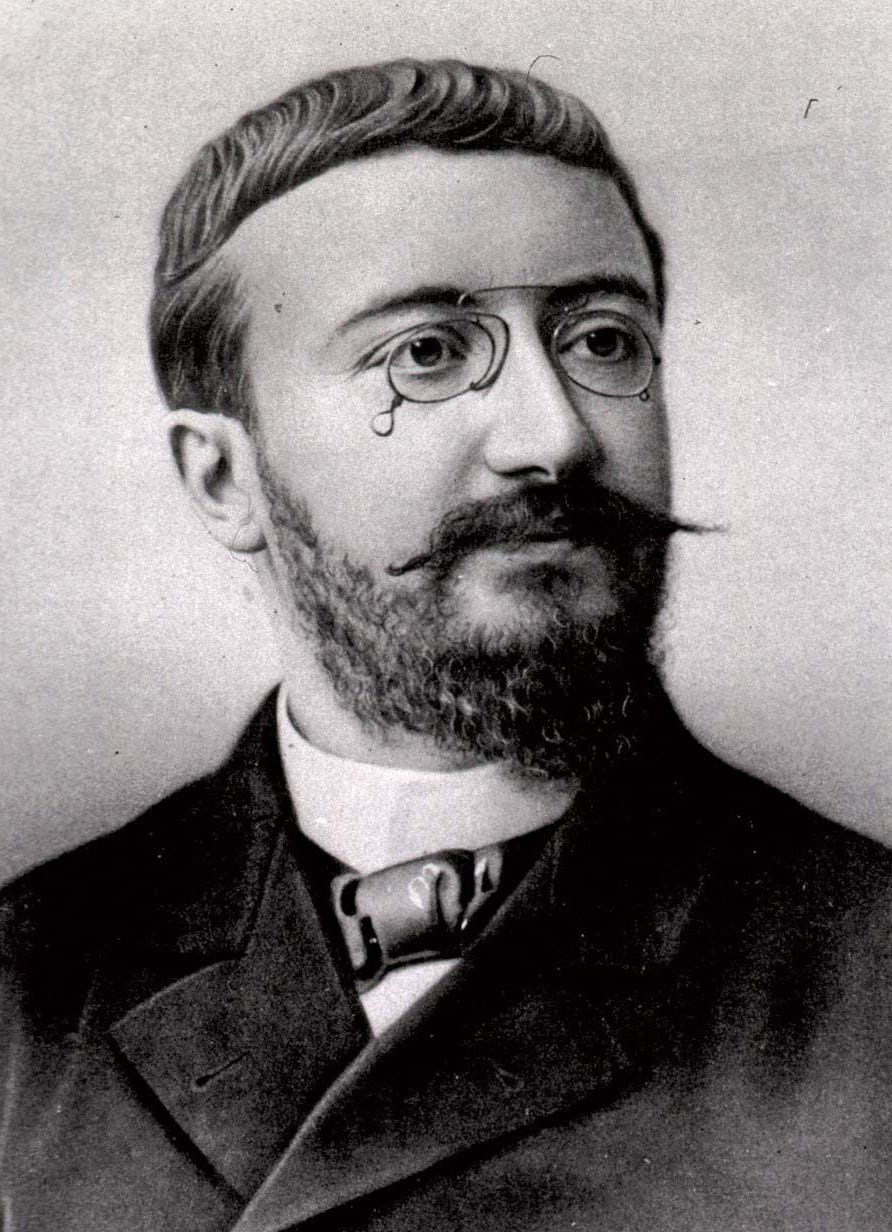Getting dumber: the reverse Flynn effect and the politics of denial
For decades, humanity appeared to be getting smarter. Then, inconveniently, it wasn’t. IQs are now sliding backwards, and instead of asking why, we’ve decided to pretend intelligence doesn't matter.
“
The greatest of follies is to imagine that we can remain wise while ceasing to learn. —Francis Bacon
Once upon a time, human beings appeared to be getting cleverer. Year after year, decade after decade, IQ scores crept upward, a steady, reassuring rise that came to be known as the Flynn Effect, after the New Zealand philosopher-psychologist James R. Flynn, who first documented it in the 1980s.
Flynn found that average IQ scores rose about three IQ points every ten years or so. If you were born in 1980, you would have outscored your parents on the same test. By the 2000s, great-grandparents would have struggled to keep up with the average teenager. It was as if each generation had been drinking from a secret well of enlightenment.
As a species, we were evolving, not through genetic mutation, but through universal education, improved nutrition, and perhaps more affordable books and television. Intelligence was becoming an ever-increasing resource. And then, something happened. The Flynn Effect reversed; IQ scores began to fall. Was it all a mirage, or did the course of human intellectual development really change?
Measuring intelligence
Modern intelligence testing began in Paris in 1905, when the French education department commissioned Alfred Binet to devise a test to identify pupils who could benefit from remedial education.
Psychologists soon expanded Binet’s ideas, and his test escaped the classroom and went forth to assess almost everyone: military recruits, factory workers, immigrants, and even the occasional genius. Intelligence had been given a number, simple, seductive, and impossible to resist.
Fast forward to the 1980s. James Flynn noticed that intelligence test numbers weren’t static. People in many countries were steadily scoring higher than earlier generations. They were not just memorising more facts; people were reasoning differently. The modern mind, Flynn argued, had learned to think more abstractly. People had learned to deal with symbols, understand graphs, and reason using hypothetical situations.
Flynn’s theory was flattering. The modern world, schools, offices, and communications have trained human beings to think like scientists. We weren’t just getting smarter; we were becoming more rational. According to Flynn, we learned to classify, reason abstractly, and think hypothetically, skills our ancestors rarely needed.
It was a lovely story: the triumph of environment over heredity, of culture over biology. Intelligence wasn’t fixed; human progress was potentially boundless.
To understand what Flynn discovered, we have to peek inside the test itself. IQ is always standardised. This means the average score in any generation is fixed at 100. When Flynn said IQs were rising, he meant that people were answering more questions correctly on the same test than earlier generations did. If you gave your grandmother the 2020 test, she might score 85. Give yourself her 1950 version, and you would probably score 115. To keep the average IQ score at 100, test designers had to make the questions steadily harder.
For decades, it seemed that people were becoming smarter, but around the turn of the millennium, the graphs began to bend the wrong way. People were getting fewer correct answers on the same tests than their parents did. The treadmill of intelligence had reversed. In Norway, Denmark, Finland, Britain, and Australia, places not generally known for intellectual collapse, average IQ scores stopped rising and began to fall.
The trend isn’t huge, but it’s consistent. Average Norwegian twenty-year-olds today score roughly five to seven points lower than their fathers did at the same age. In the United States, Northwestern University researchers found declines between 2006 and 2018 in three of four cognitive domains tested.
This cannot be genetic; evolution doesn’t move that fast. It must be environmental, cultural, and educational, which is to say, self-inflicted.
Explaining the reversal
You might think the reverse Flynn Effect would be headline news, an entire civilisation losing cognitive ability. Instead, it’s been greeted with the usual political soundbites. The right blames woke teachers, while the left insists that intelligence is a social construct, and probably ‘biased’ besides. Schools and universities maintain a discrete silence lest the blame be put on their teaching.
When the thermometer shows a fever, the modern response is to accuse it of bias. So the IQ decline is being rebranded. We are told humanity is not getting less intelligent, just ‘differently’ intelligent. IQ tests no longer measure what matters in modern life. Mathematics? We have calculators. Spelling? Spell-checkers. Thinking? AI. Intelligence has become as unfashionable as Latin.
The original Flynn Effect boosted our collective self-esteem. It confirmed that progress works: give people education, nutrition, opportunity, and they’ll get smarter. The reverse Flynn Effect does the opposite. It suggests that people are reasoning less well than before. That’s awkward. It undercuts every political campaign slogan about the ‘knowledge economy’. It suggests that modern life, multitasking, social media, and the eternal Instagram scroll may be eroding the very intellectual capacities that once made progress possible. And since no one wants to admit that we are getting dumber, we change the subject.
But IQ tests are not meaningless. IQ correlates strongly with almost everything societies value: learning, problem-solving, innovation, and self-control. That makes falling IQs politically radioactive. If intelligence can rise or fall, then culture matters, and culture can fail.
When The Bell Curve appeared in 1994, suggesting that intelligence was partly heritable and increasingly stratified, it caused a moral panic. The easiest way to avoid similar unpleasantness over the reverse Flynn effect is to pretend that the whole concept of intelligence is passé, a relic of the industrial age, like slide rules and grammar. Thus, today, we no longer speak of intelligence; we speak of skills, creativity, and emotional literacy. Everyone’s a genius now, in their own way.
Unfortunately, the world still runs on logic, mathematics, and the ability to tell cause from coincidence. When those atrophy, societies don’t become kinder; they become credulous. Flynn himself suspected the gains he discovered could evaporate. He worried that modern culture might stop rewarding abstract thought, that the skills built by reading, conversation, and reasoned argument might decay in a world of screens and slogans.
He was right to worry.
Children now read less, move less, and spend more time in environments designed to distract them. Schools teach ‘critical thinking’ as a mantra, not a method. It is neither critical nor thinking. Universities reward indignation over argument.
Why reason, when you can simply react?
We used to read books about why humans behave irrationally. Now we behave irrationally and read tweets about it. Even nutrition and sleep, quiet allies of cognition, have worsened. The average teenager today gets less rest than a 1950s factory worker. Add to this the cult of self-esteem, which prizes ‘feeling smart’ over being smart, and you have a recipe for comfortable mediocrity. We are raising a generation of citizens who feel intensely but think feebly.
Our ancestors sharpened their minds on scarcity; now abundance has made us careless. We skim where they once read deeply. Humanity, having spent a century teaching itself to think, may be teaching itself not to bother.
The decline of attention
Intelligence can recover. Flynn showed that IQs can rise dramatically within a single generation, which means they are not fixed but habitual, the sum of what societies reward and neglect. We could grow cleverer again by restoring the habits that once built intellect: reading, conversation, discipline, and curiosity. But that would require re-valuing intelligence, not as a badge of elitism, but as a civic virtue.
Unfortunately, we are doing the opposite. We tell ourselves that all perspectives are equal, that knowledge is oppressive, that truth is plural. Under such conditions, intelligence looks almost subversive. Flynn’s great contribution was to remind us that reason is fragile—that it can flourish only where culture honours it.
Before he died in 2020, Flynn warned that societies that stop exercising rational thought will lose it. Intelligence, he wrote, “is like a muscle: it must be exercised, or it will atrophy”. We have been skipping mental gym and calling the barbell biased.
Civilisations, like individuals, can forget what made them strong, trading reflection for distraction, understanding for outrage, and wisdom for convenience. The tragedy is not that intelligence is fading but that it no longer commands respect. The question isn’t whether the Flynn Effect is reversing; it’s whether we care enough to notice.





It is indeed like a muscle - the use it or lose it term never becomes obsolete.
A simple reflection of this issue can be found in changes that took place at the various levels of government and connectedly within the public service.
On a federal and state level Australia could once plan, organise, build and control housing. Hundreds of thousands of modest homes were built via knowledge and skill embedded within government departments themselves. Over the years all this was privatised and now, even if a government wanted to return to those post WWII days they couldn't - all those with the know how (and hence able to mentor new recruits) we're retired, fired or allowed to die off. Councils large and small used to directly employ waste collection and road repair gangs but they too we're privatised and embedded skills lost. At all levels of government we can find examples of where they were once knowledgeable and in control to being mere issuers of tender notices searching for the cheapest quote.
Sure, private enterprise now has those skills, but that has often shown us to be the least efficient and not value for money. Government would find it hard to attract skill sets back again even if it wanted to- apart from the very top where the public/private revolving door thing is an ongoing trough and the real value of those participating questionable to say the least
They above may all seem to be an oblique connection to the topic, but the fundamental thing is that once we allow knowledge and process to be lost we have a hard to almost impossible task ahead of us getting it back, and a quick look at these simple, historical examples shows that.
Perhaps intelligence is no longer in high demand. We're rapidly outsourcing thought to commercial entities, in part via an endless bombardment in social media, and abandoning intelligent thought for tall tales told via podcasts, etc. As AI creeps in, we may continue to dwindle. There's a relevant short story, Swarm, in Bruce Sterling's Schismatrix Plus (1996), canvasing the notion that intelligence appears when required but not otherwise.